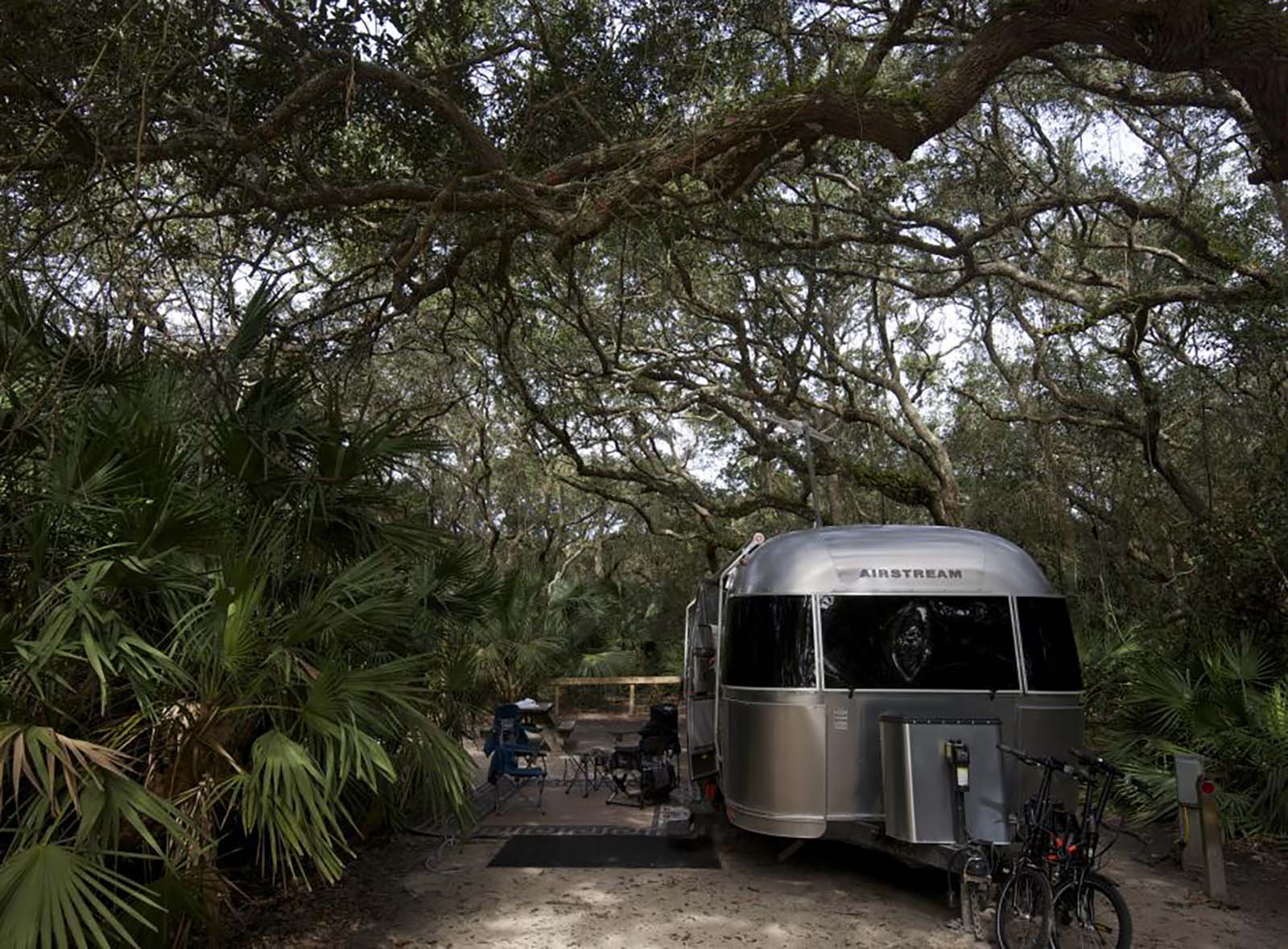RV Battery: A Complete Guide to Power Up Your Adventures

Introduction
Are you planning an exciting road trip with your recreational vehicle (RV)? One of the most critical components to ensure a smooth and comfortable journey is the RV battery. In this comprehensive guide, we will explore everything you need to know about RV batteries and how they can power up your adventures. So, let’s dive in!
Understanding RV Batteries (H2)

An RV battery is specifically designed to provide power for a wide range of appliances and systems onboard the recreational vehicle. It serves as the primary source of energy when you are not connected to a shore power outlet. From running lights and fans to powering small appliances, a reliable RV battery is crucial to enjoy a hassle-free camping experience.
Types of RV Batteries (H2)
1. Lead-Acid Batteries (H3)

Lead-acid batteries are a common choice for RV owners due to their affordability. They are available in two variants: flooded lead-acid (FLA) and sealed lead-acid (SLA). FLA batteries require occasional maintenance, including water topping-up, while SLA batteries are maintenance-free.
2. Lithium-ion Batteries (H3)
Lithium-ion batteries are gaining popularity in recent years due to their superior efficiency and longer lifespan. They are considerably lighter, provide more usable power, and have an extended lifespan compared to lead-acid batteries. While lithium-ion batteries come with a higher price tag, their remarkable performance makes them worth considering.
RV Battery Maintenance (H2)
Proper maintenance is essential to maximize the lifespan and performance of your RV battery. Here are some maintenance tips to ensure your battery remains in optimal condition:
1. Regular Inspection (H3)
Perform periodic inspections to check for any signs of damage or corrosion. Clean the terminals and cables, ensuring a secure and clean connection.
2. Charging (H3)
Make sure to charge your battery regularly, especially if it is in storage. Avoid overcharging, as it can lead to damage.
3. Discharging (H3)
Avoid discharging your battery completely, as it can shorten its life. Recharge it before the charge level drops below 50%.
Conclusion
Investing in a reliable RV battery is crucial to power up your adventures and ensure a comfortable camping experience. Whether you choose a lead-acid or lithium-ion battery, proper maintenance is the key to maximize its lifespan and performance. So, gear up your RV with a high-quality battery, and get ready to embark on exhilarating road trips filled with memories that will last a lifetime. Happy travels!
Note: To fully optimize the SEO elements of this article, it is recommended to conduct further research and incorporate relevant keywords as needed.


Appreciating the time and energy you put into your blog and detailed information you offer.
It’s good to come across a blog every once in a while that isn’t the same
outdated rehashed material. Great read! I’ve saved
your site and I’m adding your RSS feeds to my Google account.